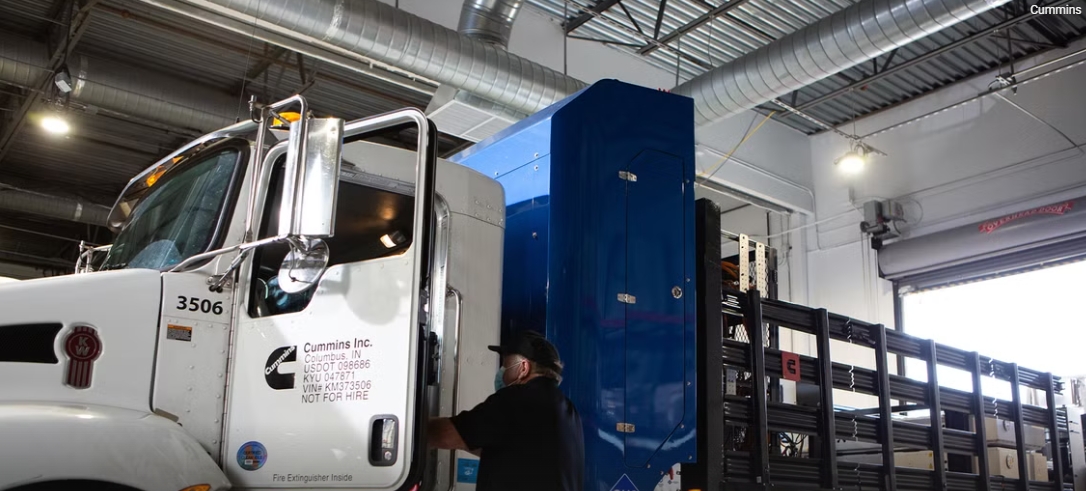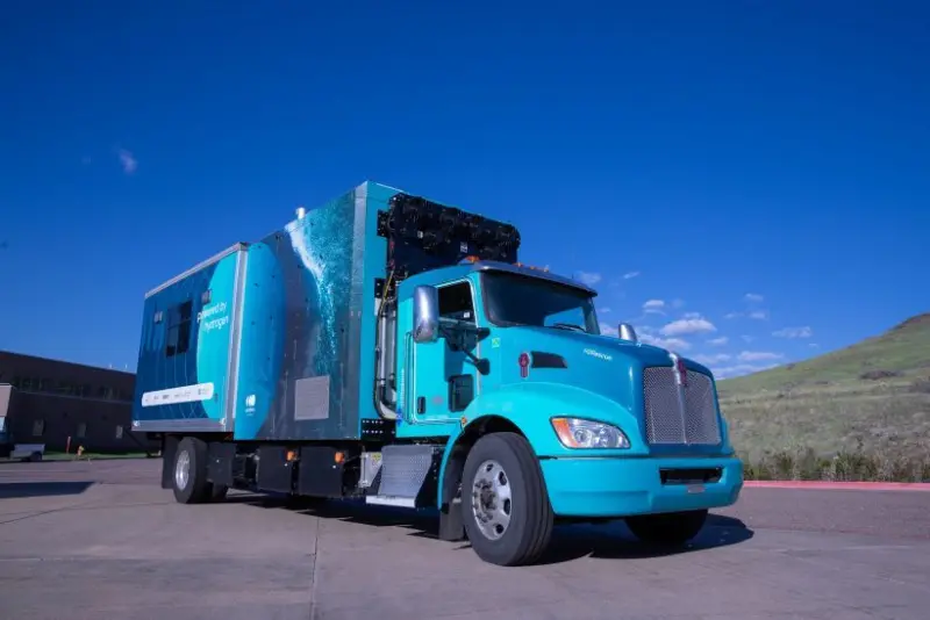Canadian non-profit Plug’n Drive has looked at Ontario’s time-of-use electricity rates and found electric vehicle owners could generate substantial income by charging at night and selling to businesses during the daytime. Doing so could mean EVs have a lower net cost than conventional vehicles.
An electric vehicle (EV) driver in Ontario could recoup CA$8,400 (US$6,270) over a car’s lifetime by selling energy to businesses during daytime hours.
Canadian EV non-profit Plug’n Drive has published a report which considers subjects including the use of EV batteries as mobile energy storage units, the use of second-life EV batteries as back-up grid storage and the economic value of EV batteries to utilities and electric vehicle owners via their use in vehicle-to-grid (V2G) networks.
Ontario has an energy pricing structure which could benefit EV owners, according to the Plug’n Drive report. Time-of-use charges in the province mean consumers pay CA$101/MWh for electricity at night, versus up to CA$208 during daytime peak demand periods. An electricity rebate program, coupled with a planned federal Clean Fuel Standard could, said the non-profit, drive that nighttime charging cost down to zero.
Still some in the tank
Plug’n Drive cited analysis which showed the average EV has 220km – 36 kWh – of range left in the battery after the daily commute. That would mean a majority of Ontarian EVs had more than half their charge available when parked in front of the owners workplace, ready for use in vehicle-to-grid applications.
“Electric vehicles are not just cars,” said Marc Brouillette, principal consultant for Strategic Policy Economics, a Canadian consultancy which worked with Plug’n Drive on the report. “They are batteries on wheels that offer significant economic benefits to both Ontario’s electricity grid and EV drivers.”
Charging an EV at night and selling the electricity at a premium during the daytime, could see electric car owners reduce the net cost of their vehicles. After 13 years of use, most EVs retain 80% of their battery capacity, enabling owners to sell the battery on for use in grid scale storage. It has been estimated such battery sales could already enable drivers to recoup around 20% of the original purchase price of the battery.
Throw in the sale of power to utilities under time-of-use pricing regimes, according to Plug’n Drive, and the lifetime cost of owning an EV could be as much as 30% lower than the burden of an internal combustion engine car.
Electricity bills
Workplaces prepared to commit to the cost of installing and operating bidirectional charging infrastructure at their premises – to enable them to use power from EV batteries – could end up paying 40% less for peak time power supplied by electric vehicles than they would pay to their utility, according to the report.
Plug’n Drive said, by 2030 around 18,000 EVs could participate in such a V2G scheme, leading to significant reductions in daytime energy use and increase in nighttime demand. On average, the report estimates, nighttime demand could rise by 665 MWh across the province while the daytime figure could decrease 565 MWh.
As a result, EVs would account for 164 GWh of annual charging demand, mostly at night. In return, the batteries would offer 140 GWh of annual power supply to help balance the grid, chiefly during the daytime. As daytime demand in Ontario is primarily met by natural gas fired generation, using EVs to reduce demand would drive down greenhouse gas emissions by an estimated 55 kilotons per year.
The report’s authors say EVs could offer as much as CA$38,000 in benefits over their lifetime, to their owners, businesses and the grid, with owners able to recoup up to half that figure when sale of the end-of-life battery is factored in. The load shifting and peak shaving services offered by V2G to utilities could offer benefits worth CA$129 million per year by 2035, added the report.







